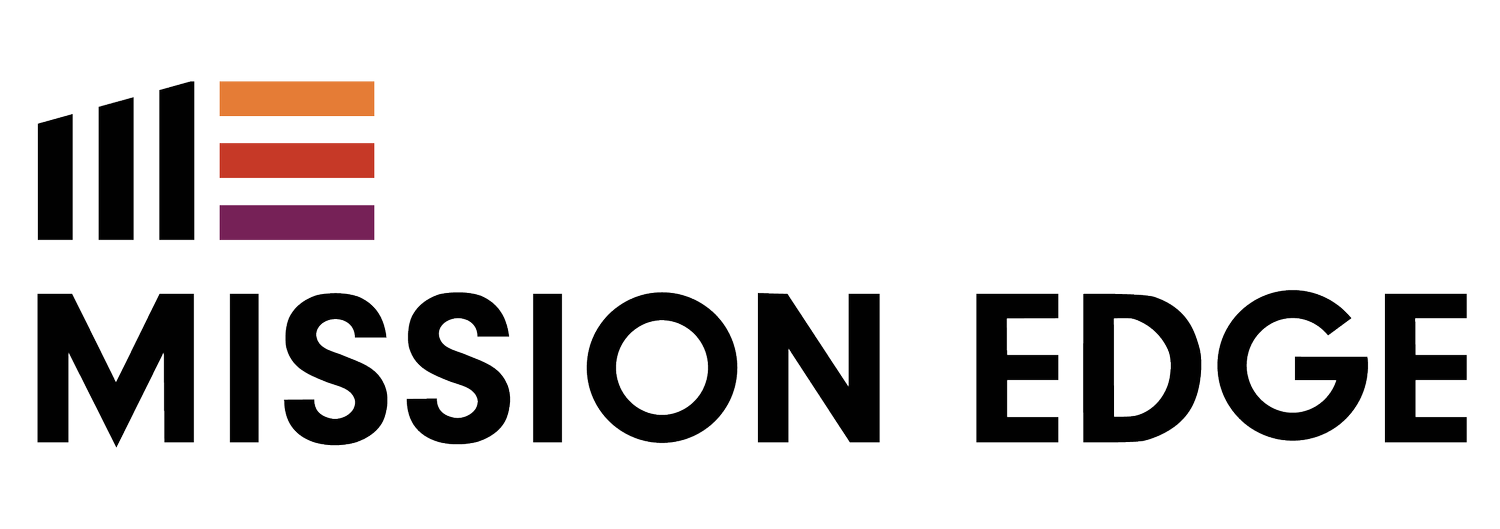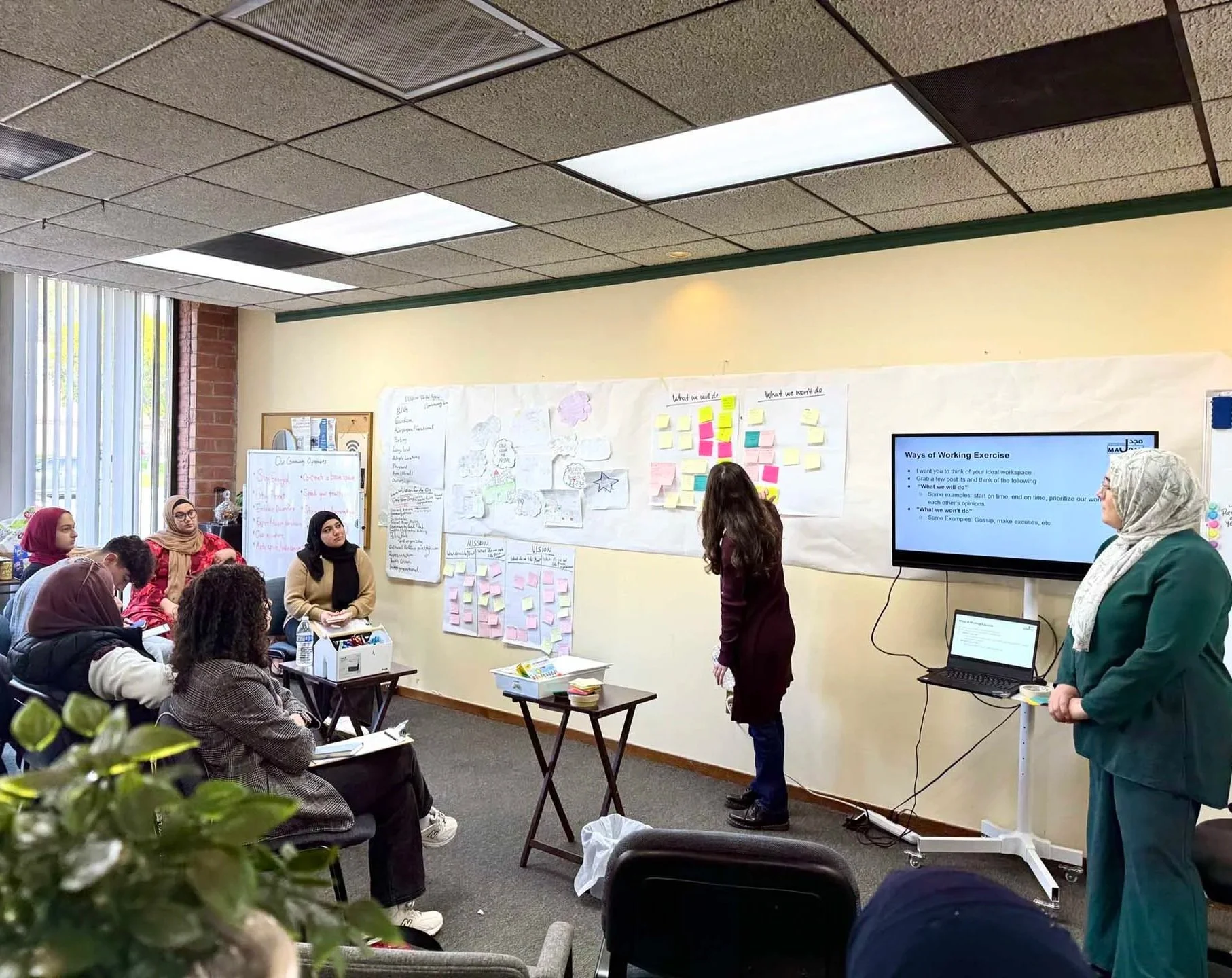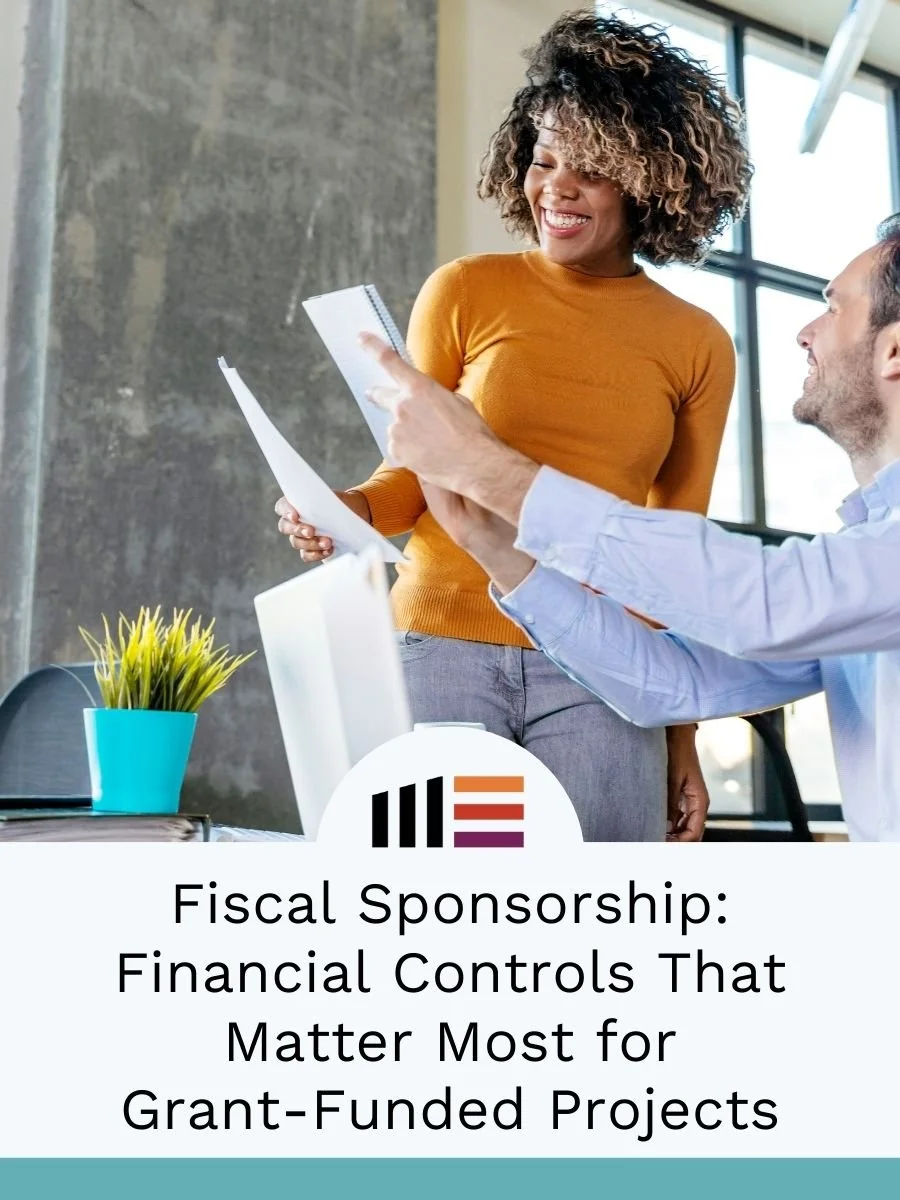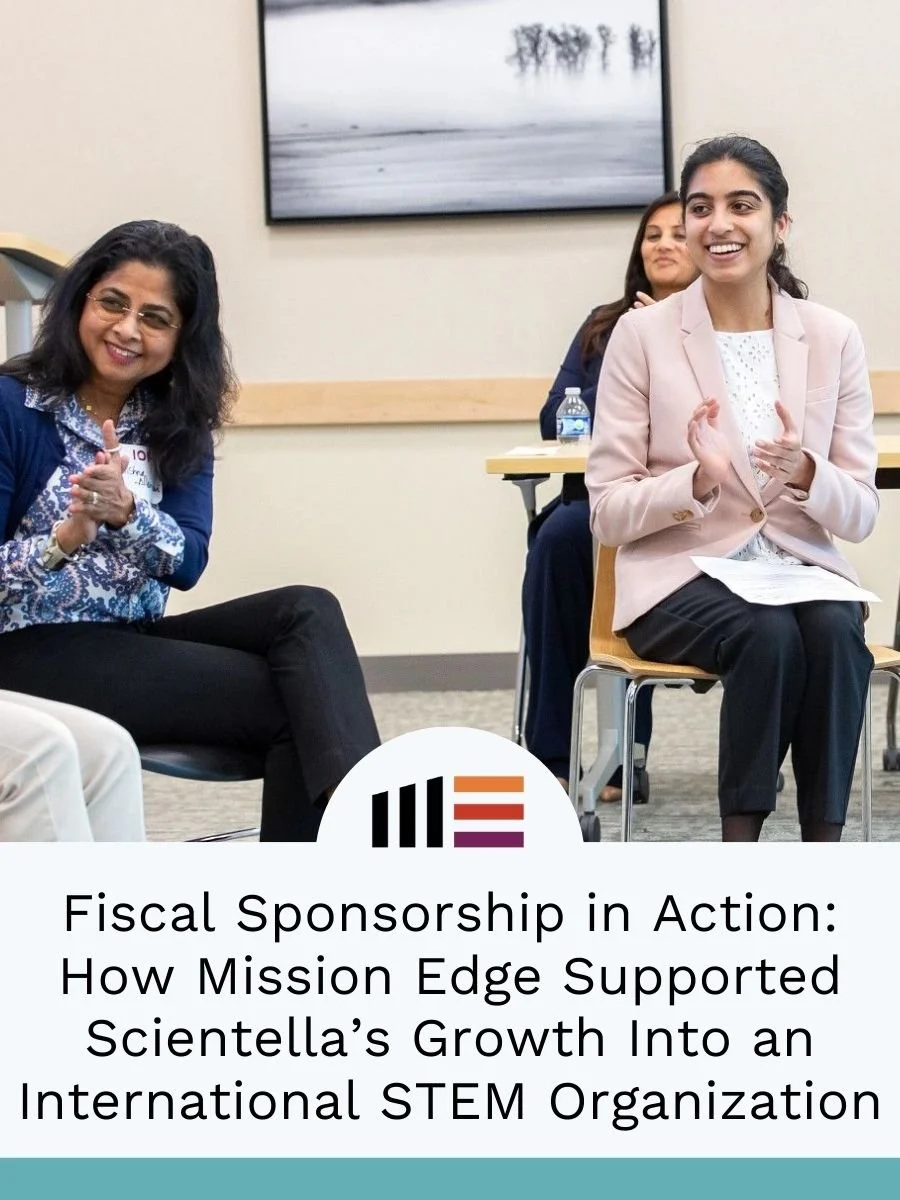Avoid Nonprofit Startup Pitfalls: Fiscal Sponsorship Guidance for New Nonprofits
Starting a nonprofit is an exciting endeavor for passionate changemakers, but it’s not without challenges. Many new organizations run into common nonprofit startup mistakes that can derail their progress, from financial missteps to compliance oversights. According to the National Center on Charitable Statistics, roughly 30% of nonprofits close within ten years, often due to problems that could have been avoided with better support.
Fiscal sponsorship offers critical infrastructure and expertise to help mission-driven leaders sidestep these issues.
In this article, we’ll walk through how fiscal sponsorship can provide the guidance you need to build a strong, sustainable foundation.
Common Nonprofit Startup Mistakes to Avoid
Experienced leaders starting a nonprofit often face the same structural issues as newer founders.
Here are the most common pitfalls and how to recognize them:
Insufficient Funding and Planning:
New nonprofits often lack a long-term fundraising strategy and financial reserves. As Instrumentl reports, lack of sustainable funding is the top reason nonprofits fail. This issue is compounded when founders underestimate how much operational support is needed to launch effectively.
Administrative Overload:
Setting up your own accounting, payroll, insurance, HR systems, and compliance protocols can be overwhelming. According to Nonprofit Quarterly, young nonprofits often struggle because they lack these formal systems, which can hinder growth and damage credibility with funders and partners.
One example of a fiscal sponsorship success story is Mid-City CAN, which spent nine years under fiscal sponsorship before transitioning into a successful independent nonprofit. Their story, featured in The Long-Term Impact of Fiscal Sponsorship, shows how the right infrastructure can support long-term growth and sustainability.
Compliance and Legal Missteps:
Navigating IRS rules and nonprofit laws takes time and knowledge. The Nonprofit Law Blog estimates that completing the full IRS Form 1023 application for tax-exempt status takes about 100 hours for a novice. On top of that, the Internal Revenue Service notes that the average review process for this form can take between 3 and 12 months. That’s a long time to wait when you’re trying to raise money and build momentum.
Governance Gaps:
Many early-stage organizations form boards with close friends or family members without establishing clear governance structures. This can lead to decision-making challenges and accountability issues down the line.
Founder Burnout:
Passion-driven leaders often take on too many responsibilities, trying to juggle programs, finances, HR, and compliance alone. Without proper support, even the most experienced changemakers can burn out, putting the organization at risk.
These pitfalls are common, but they’re also avoidable. Fiscal sponsorship gives your organization a chance to launch with built-in infrastructure, reducing risk and accelerating your timeline.
How Fiscal Sponsorship Helps You Avoid Nonprofit Mistakes
Partnering with a fiscal sponsor like Mission Edge means your organization doesn’t have to start from scratch.
Here’s how fiscal sponsorship provides real, practical support:
Fast-Track Your Fundraising
Fiscal sponsorship gives you immediate access to a sponsor’s 501(c)(3) status, which allows you to accept tax-deductible donations and grants right away. This helps you build early momentum without waiting months (or longer) for IRS approval. The Internal Revenue Service currently estimates that it can take 3 to 12 months to review tax-exemption applications — a delay that can stall program growth and fundraising.
Get Professional Financial and HR Support
Many new nonprofits struggle with bookkeeping, budgeting, payroll, and tax filings. With a fiscal sponsor, you get access to financial infrastructure from day one. At Mission Edge, for example, fiscally sponsored projects receive support from a team of nonprofit finance and HR experts who handle these operations on your behalf. This reduces your administrative burden and keeps your organization compliant with accounting standards and labor laws.
Stay Compliant with Confidence
From annual IRS filings to lobbying compliance, staying in legal good standing can be a challenge.
Fiscal sponsors offer built-in oversight and risk management, helping you avoid the common legal mistakes that many early nonprofits make.
As Nonprofit Quarterly points out, formal structures and systems are often the difference between long-term sustainability and early closure. Your sponsor’s systems become your systems, giving you a stronger foundation to grow from.
Build Credibility with Funders
Donors and grantmakers often look for evidence that an organization can responsibly manage funds. A fiscal sponsor’s reputation can help give your project immediate legitimacy and open doors to funding. With Mission Edge’s track record and due diligence practices, many of our fiscally sponsored projects become “grant-ready” far sooner than they would on their own. If you're laying the groundwork for institutional funding, our post How Fiscal Sponsorship Can Position You for Bigger Grants highlights how a sponsor’s administrative infrastructure and compliance support can strengthen your credibility with funders.
Avoid Founder Burnout
Finally, fiscal sponsorship gives you space to focus on the work you care about. By outsourcing administrative tasks to your sponsor, you can stay focused on programming, partnerships, and growth. For many founders, this support is what makes the difference between surviving the first year and thriving in it.
Want to dig deeper into what fiscal sponsorship includes? Check out our blog post on What is Fiscal Sponsorship? Agreements, Benefits, and Costs for a breakdown of common services and considerations.
Launching a nonprofit comes with real risks, but you don’t have to take them on alone.
Fiscal sponsorship provides the tools, infrastructure, and expert guidance to help you avoid common nonprofit startup mistakes and move forward with clarity and confidence.
Mission Edge has supported hundreds of organizations at every stage of their growth.
Whether you’re looking to fundraise faster, strengthen your back office, or test a pilot program without the overhead of forming a nonprofit, our team is here to help.
Ready to see if fiscal sponsorship is the right path for your mission?















